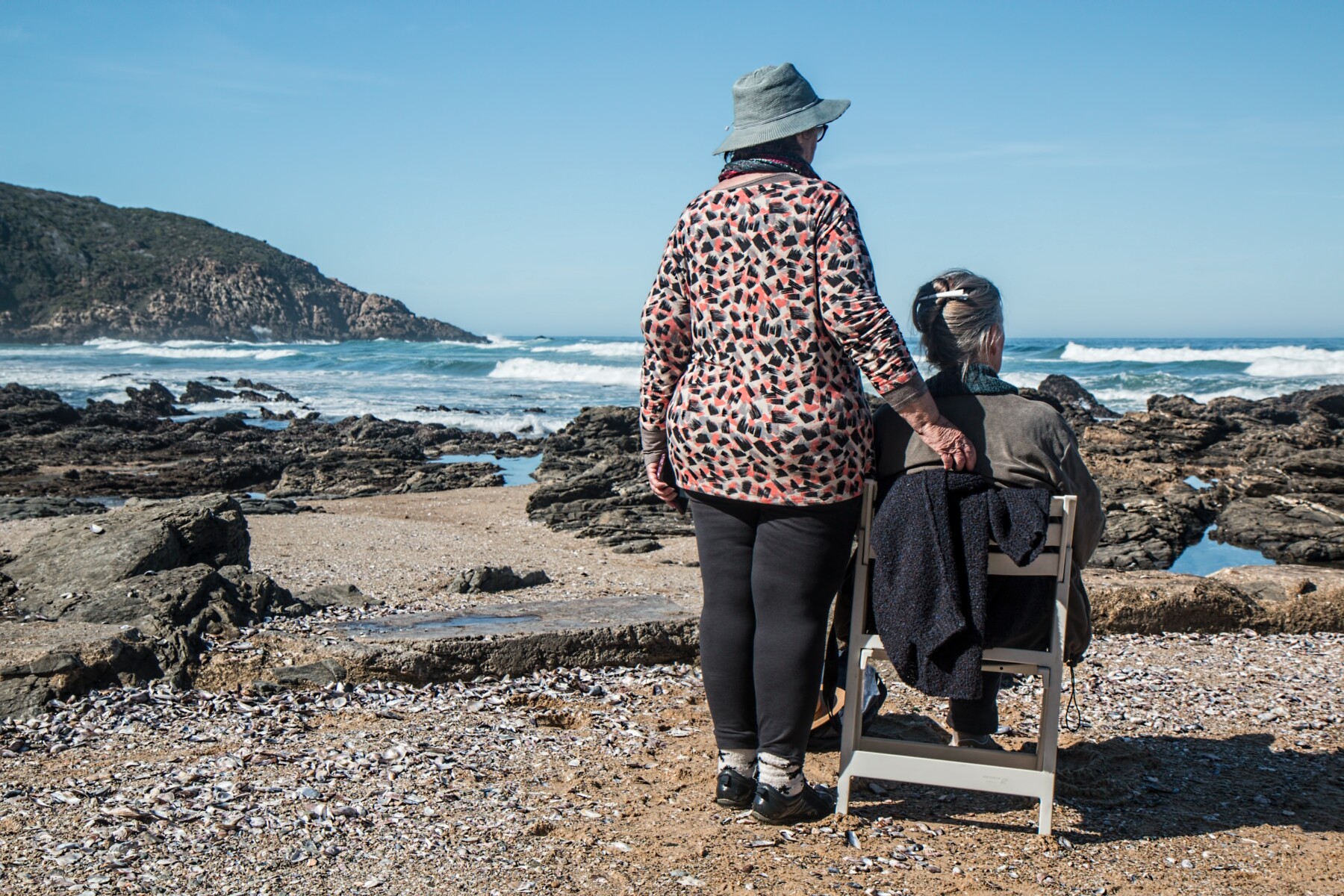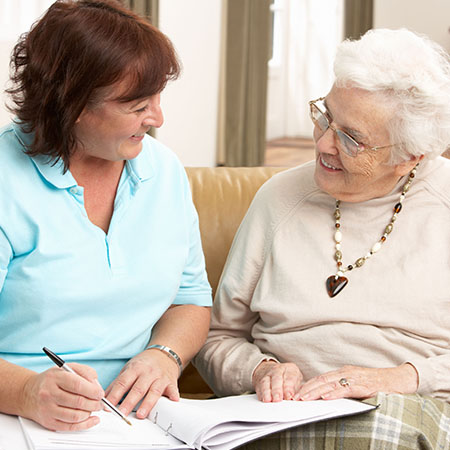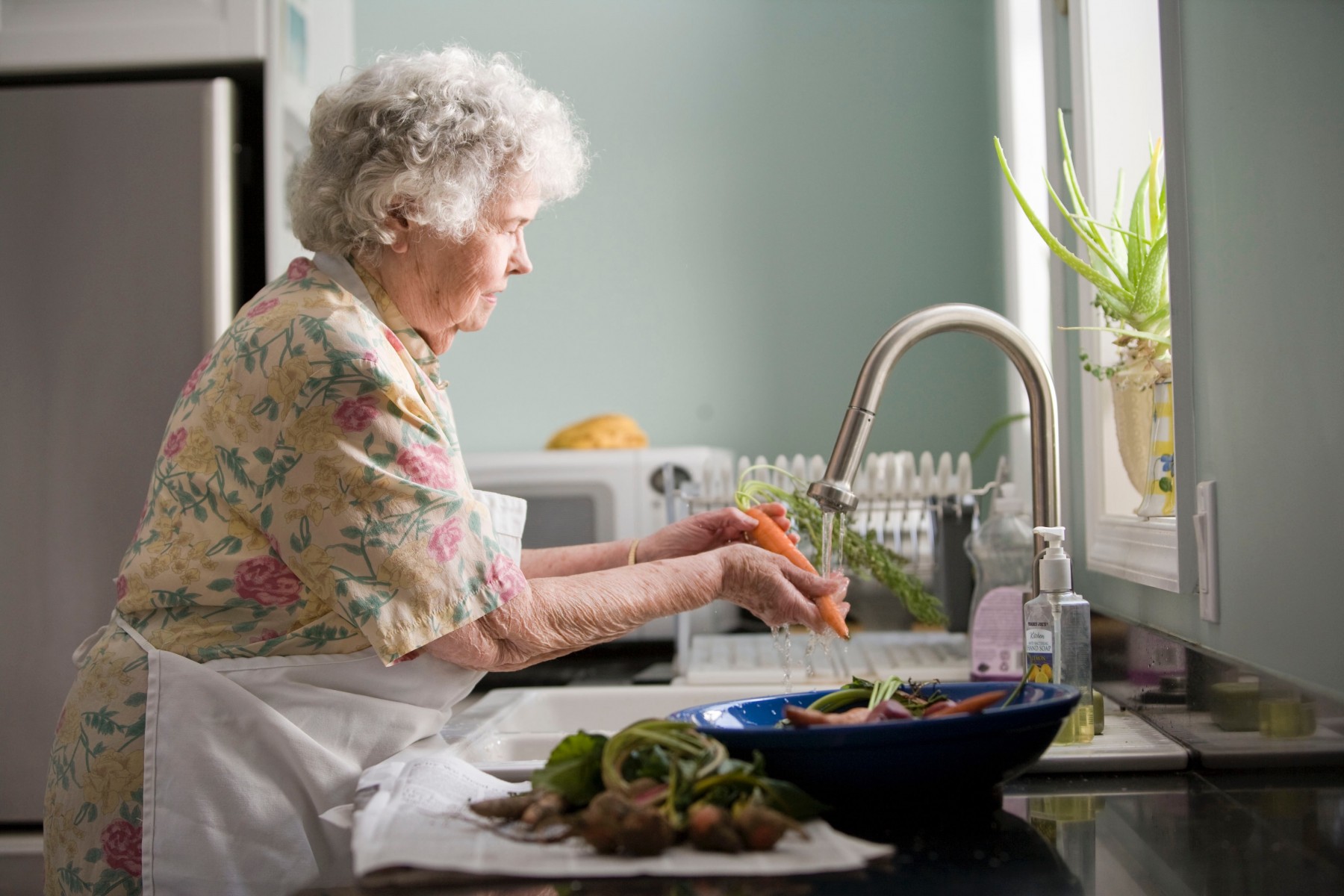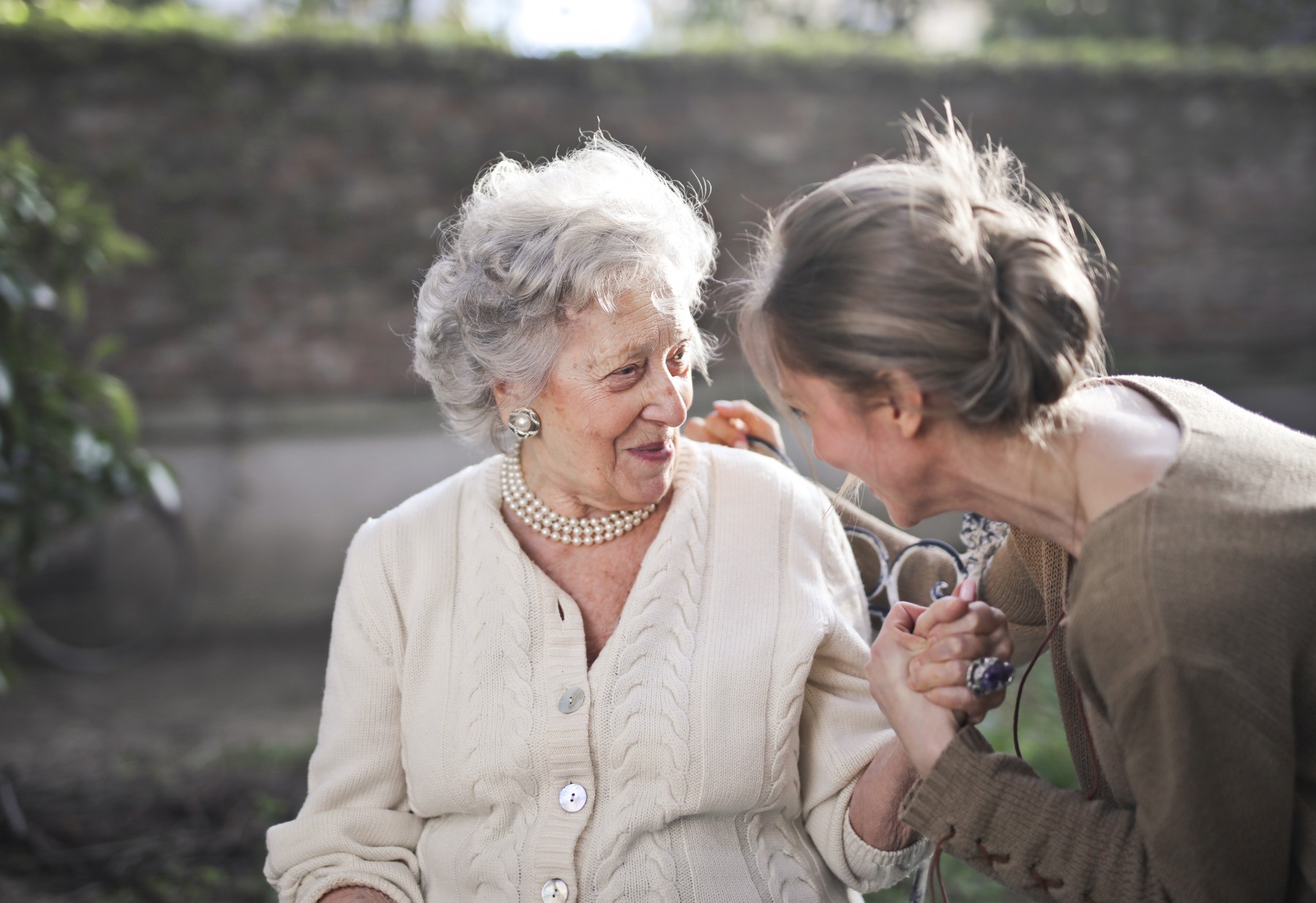The fact that you need some help with day-to-day tasks doesn’t mean that it’s time to move to residential care or give up your home and independent way of life. A care at home service often offers the best of both worlds.
Help is available during pre-arranged home visits at times you choose. Life can be made more manageable while you continue to enjoy the familiarity and security of your own surroundings. You can opt for a care service that helps meet a wide range of needs, from picking up prescriptions, shopping and preparing meals, through to help with personal hygiene or nursing care and medication.
What Care Do You Need?
Everyone is different and so are their care needs, which is why the first step is usually to arrange a care needs assessment with your local council. It might be that you will only need care for a limited period of time, such as recovering from illness or a hospital visit. Or it may be that you need something longer-term that will make day-to-day life more manageable.
Depending on your income and assets, it’s likely that you will have to pay for some or all of your care. The question of how much the care will cost then becomes very important. The care at home packages provided by Altogether Care are based on individual needs and are highly flexible. The costs are based on each client’s specific care package and are explained and discussed with each individual in advance.
To make it easier to understand how much your care is likely to cost, we’ve created a care cost calculator. This is an easy to use online tool that takes you step-by-step through your options looking at the types of care you want to receive. At the end of the process you will receive an accurate estimate of the cost of your care at home package. This will help you make better-informed decisions when it comes to planning your care.
Try the Care Cost Calculator
For more information, contact us on 01305 300 161.















